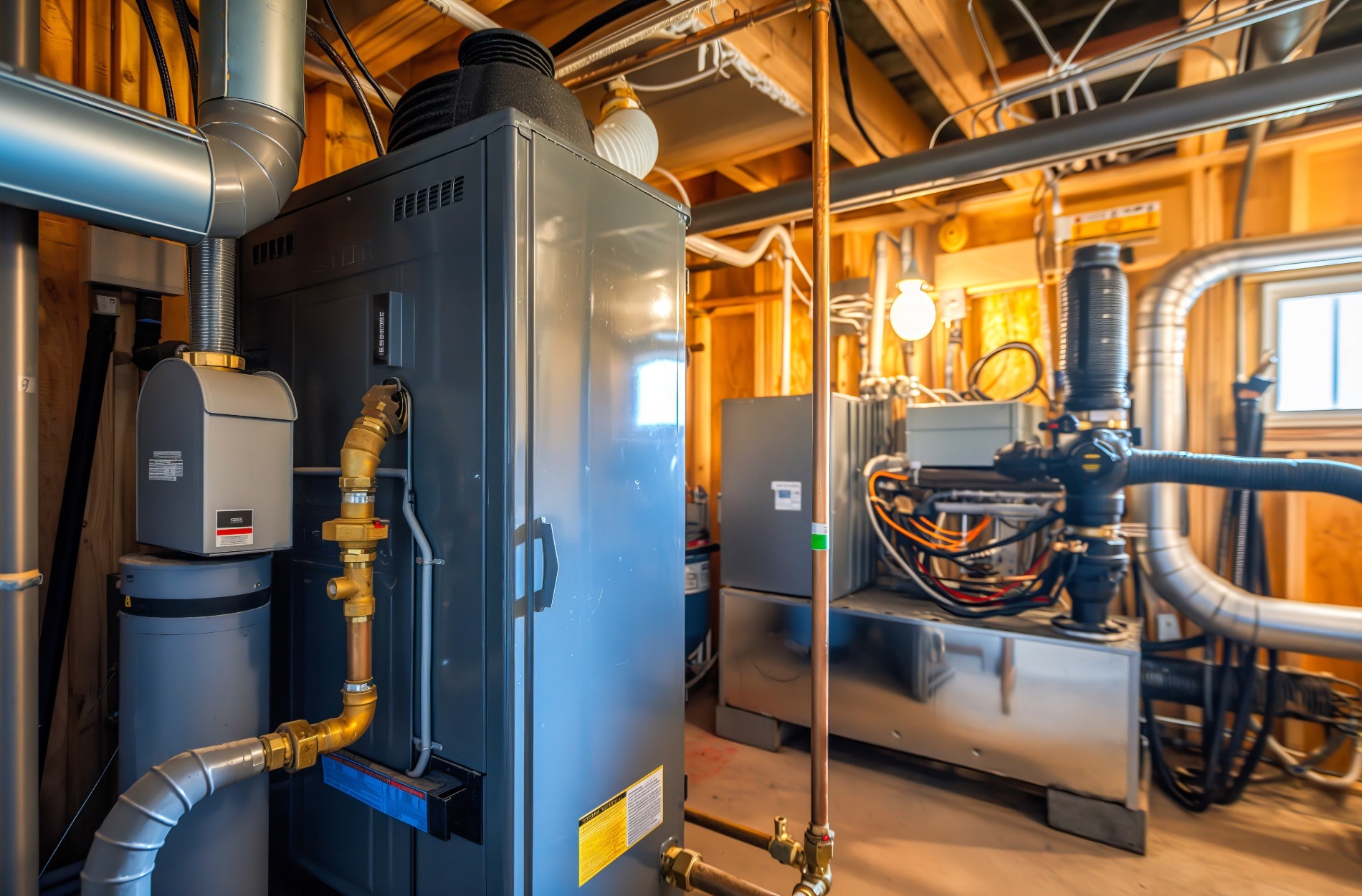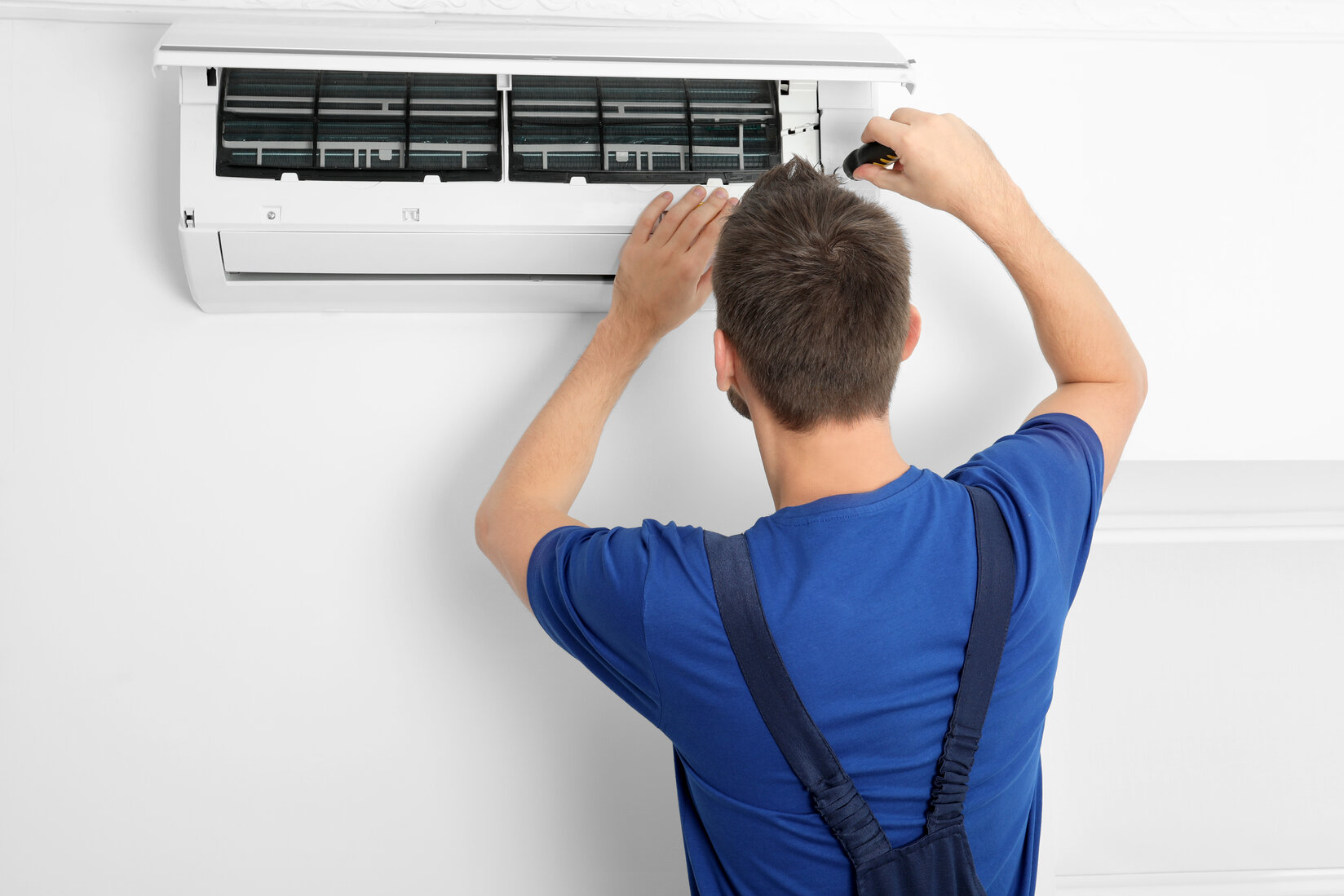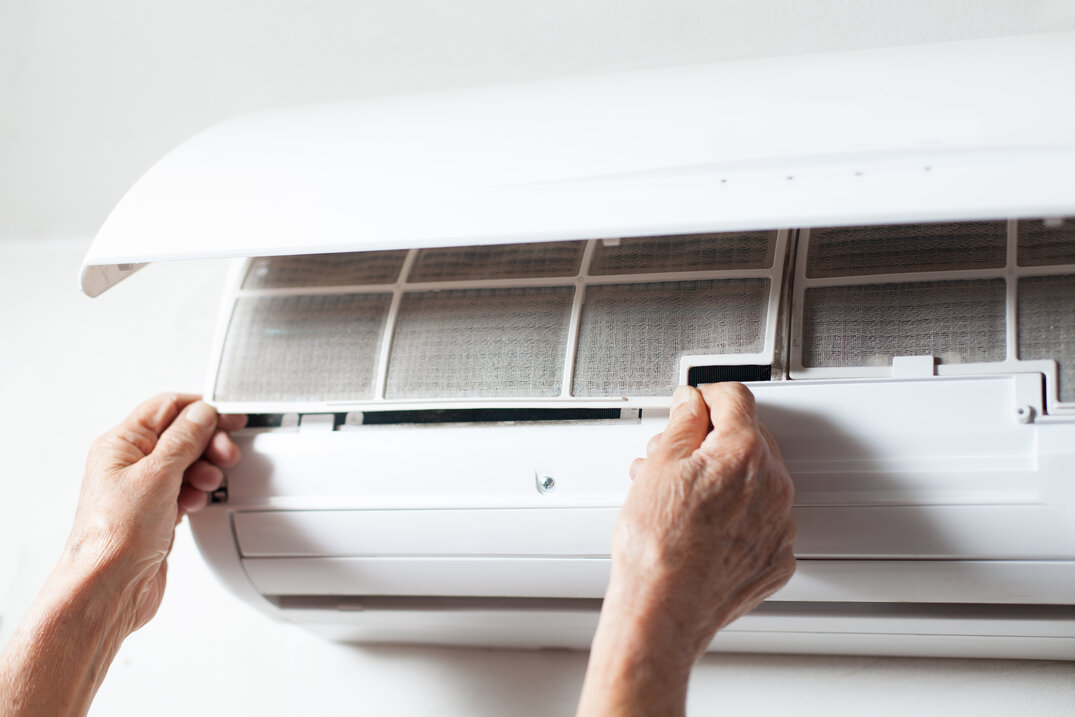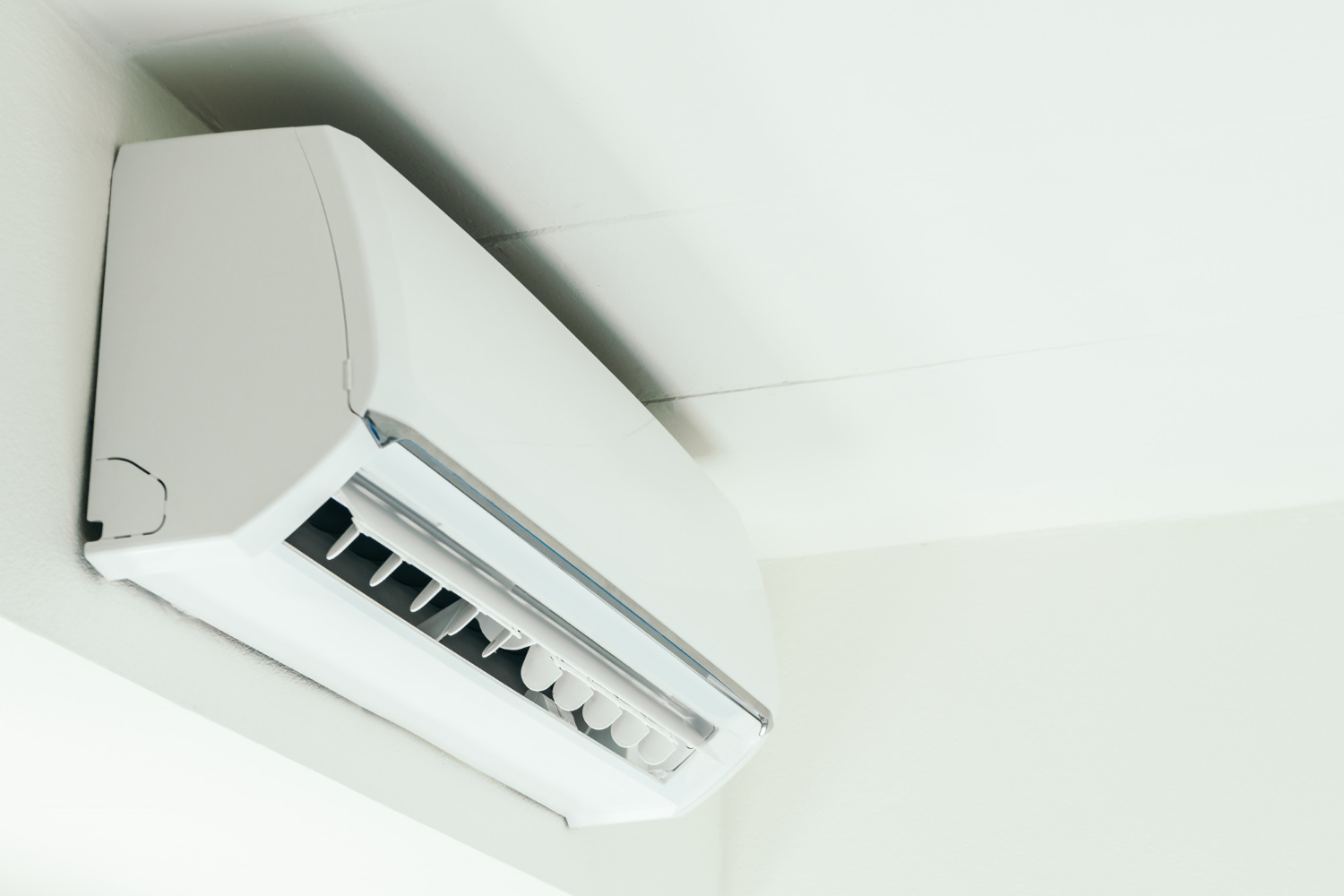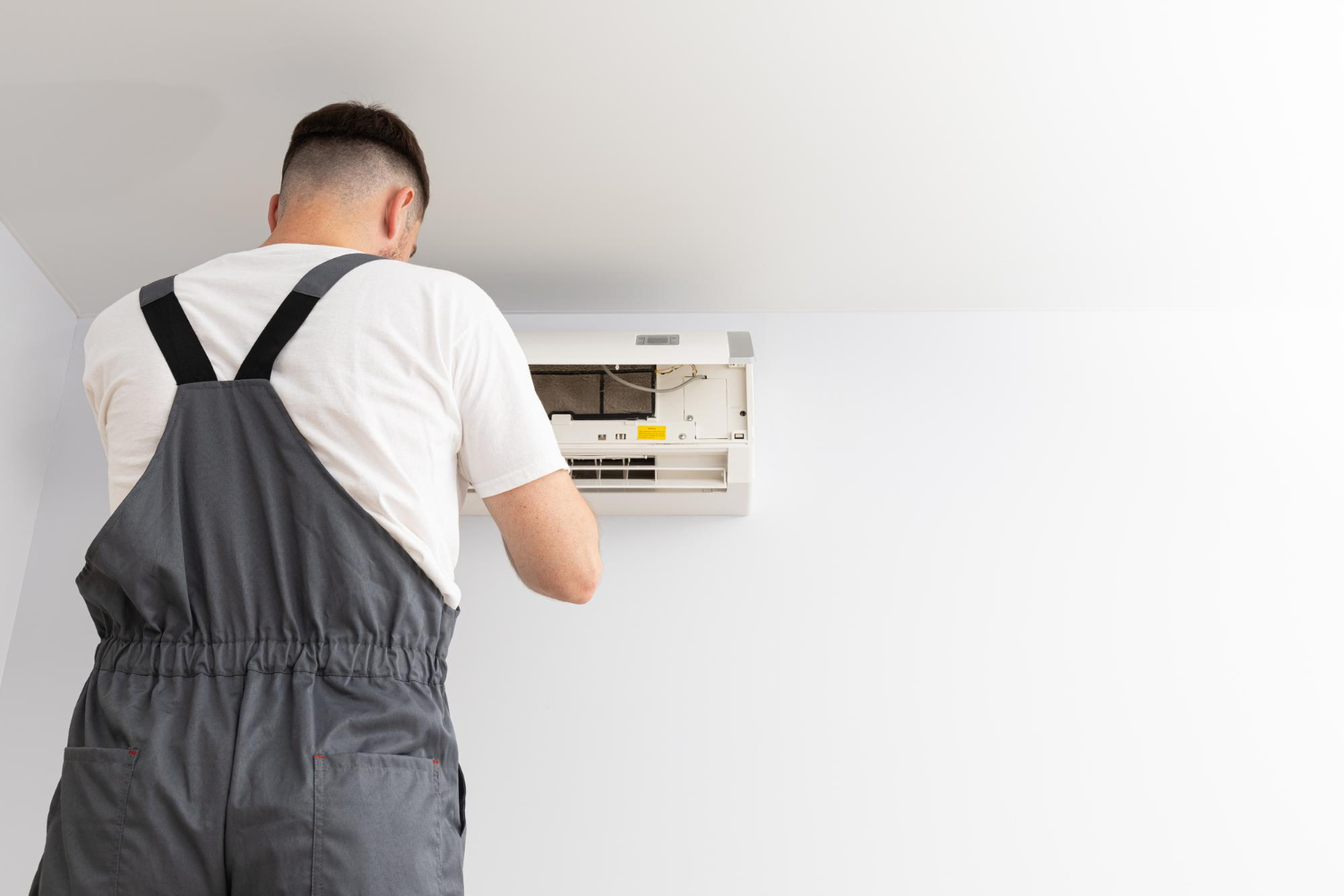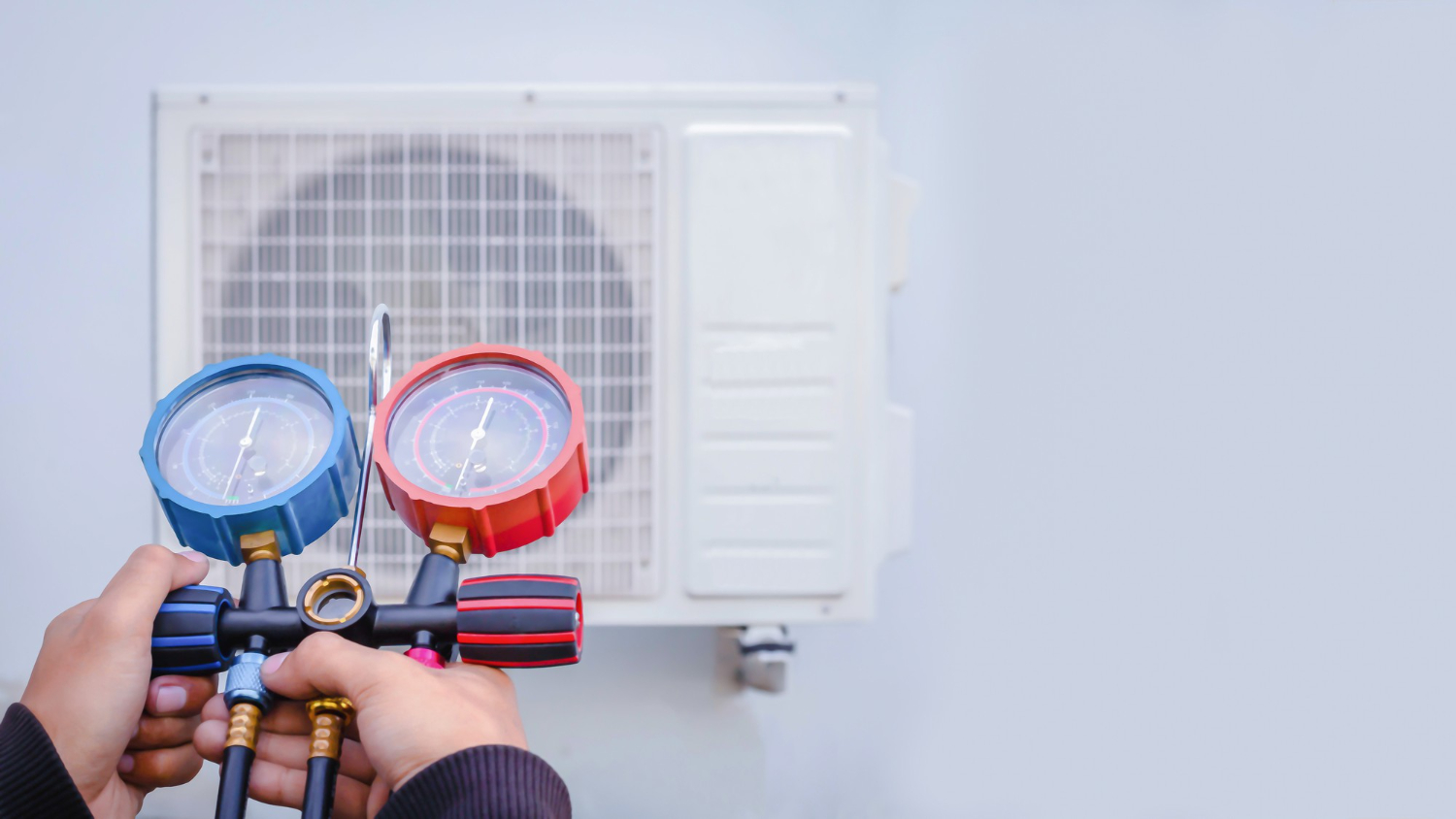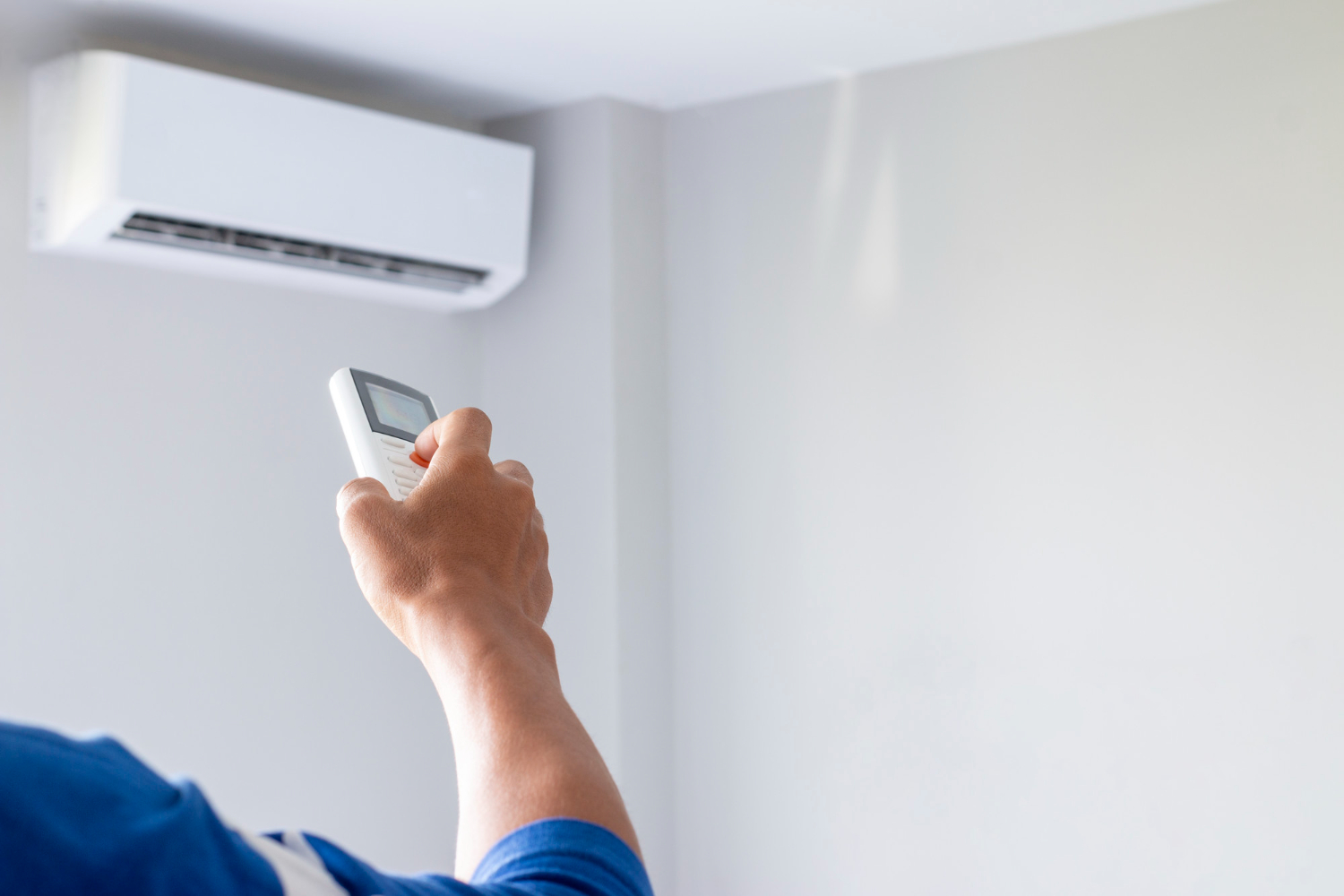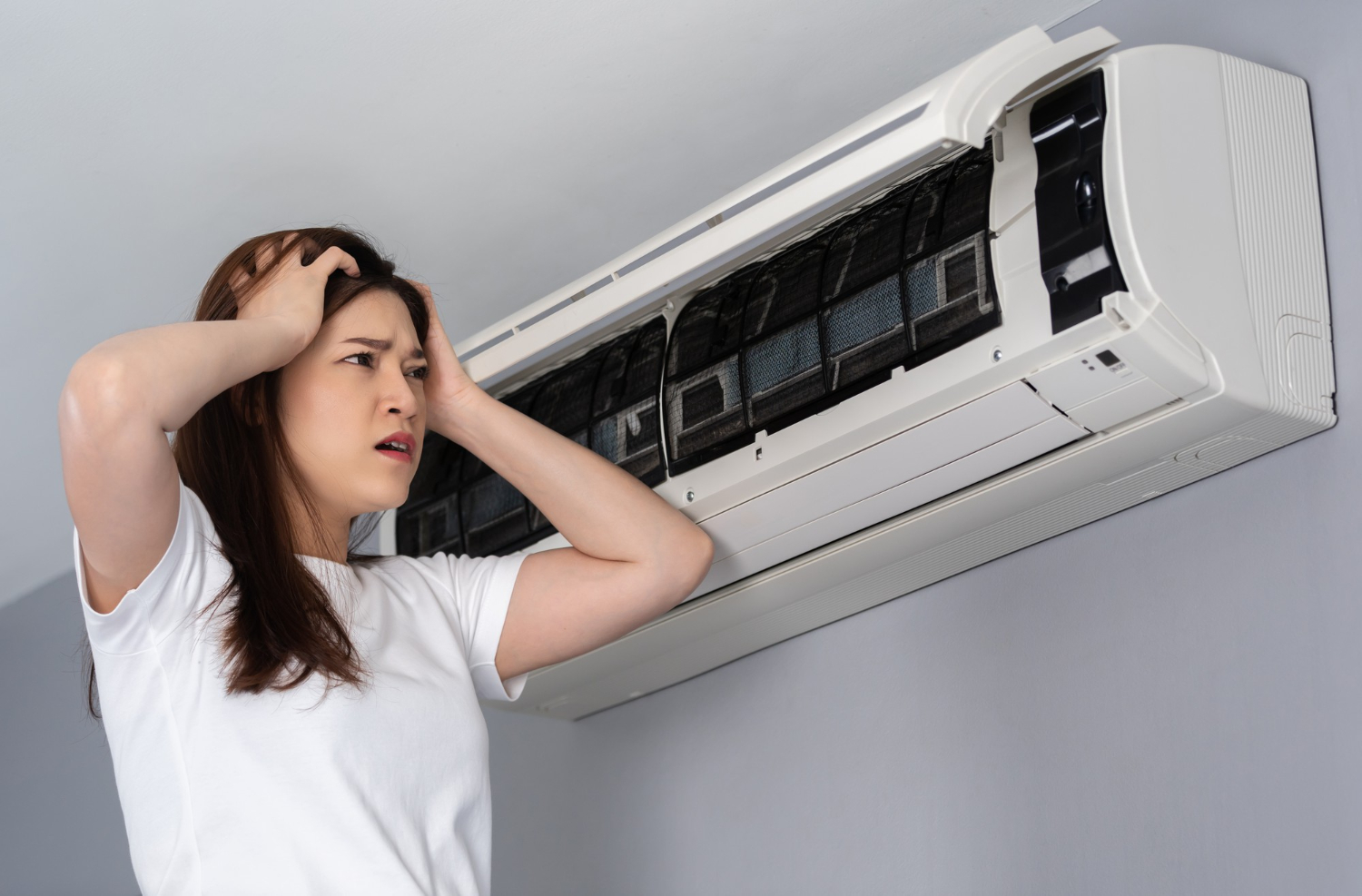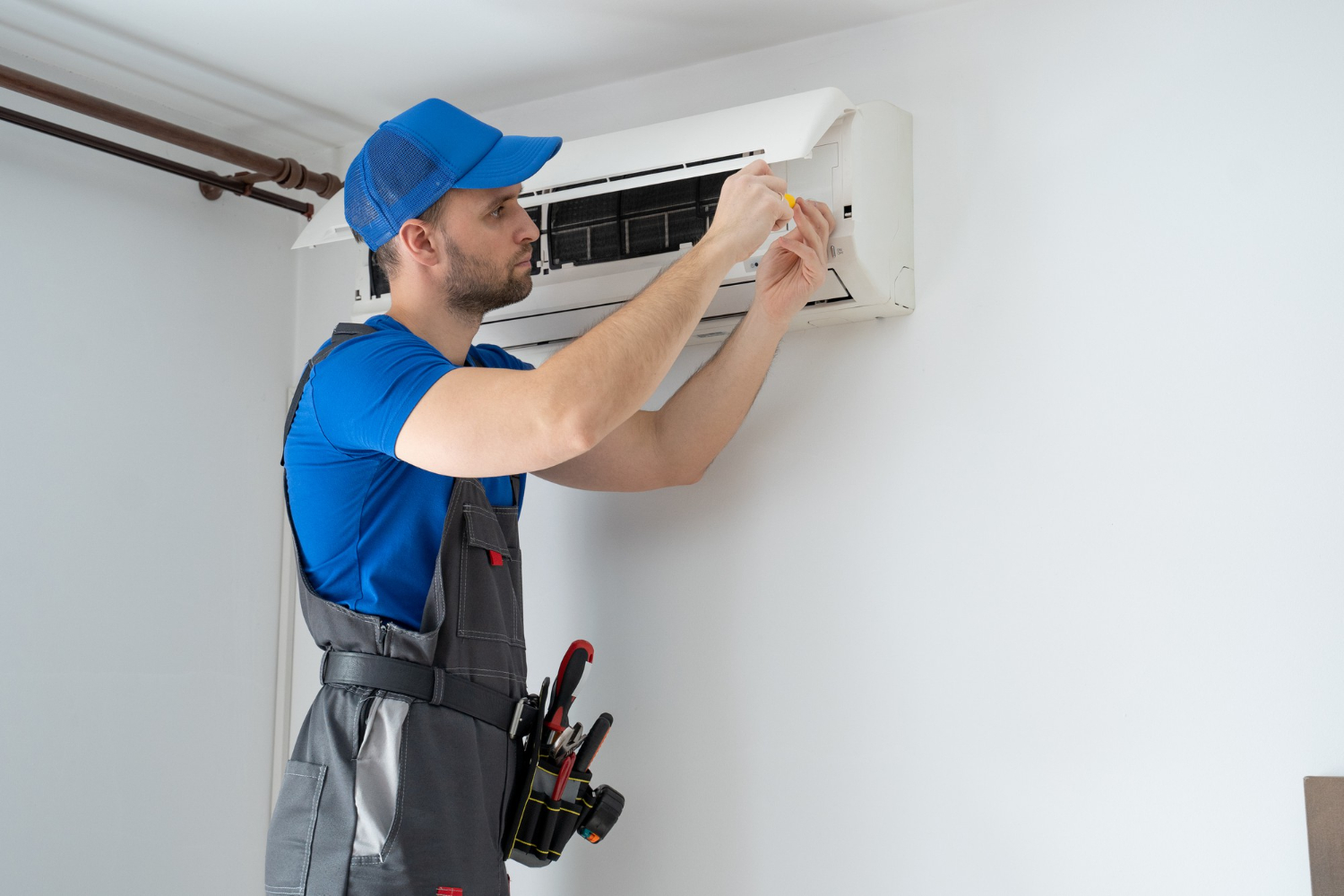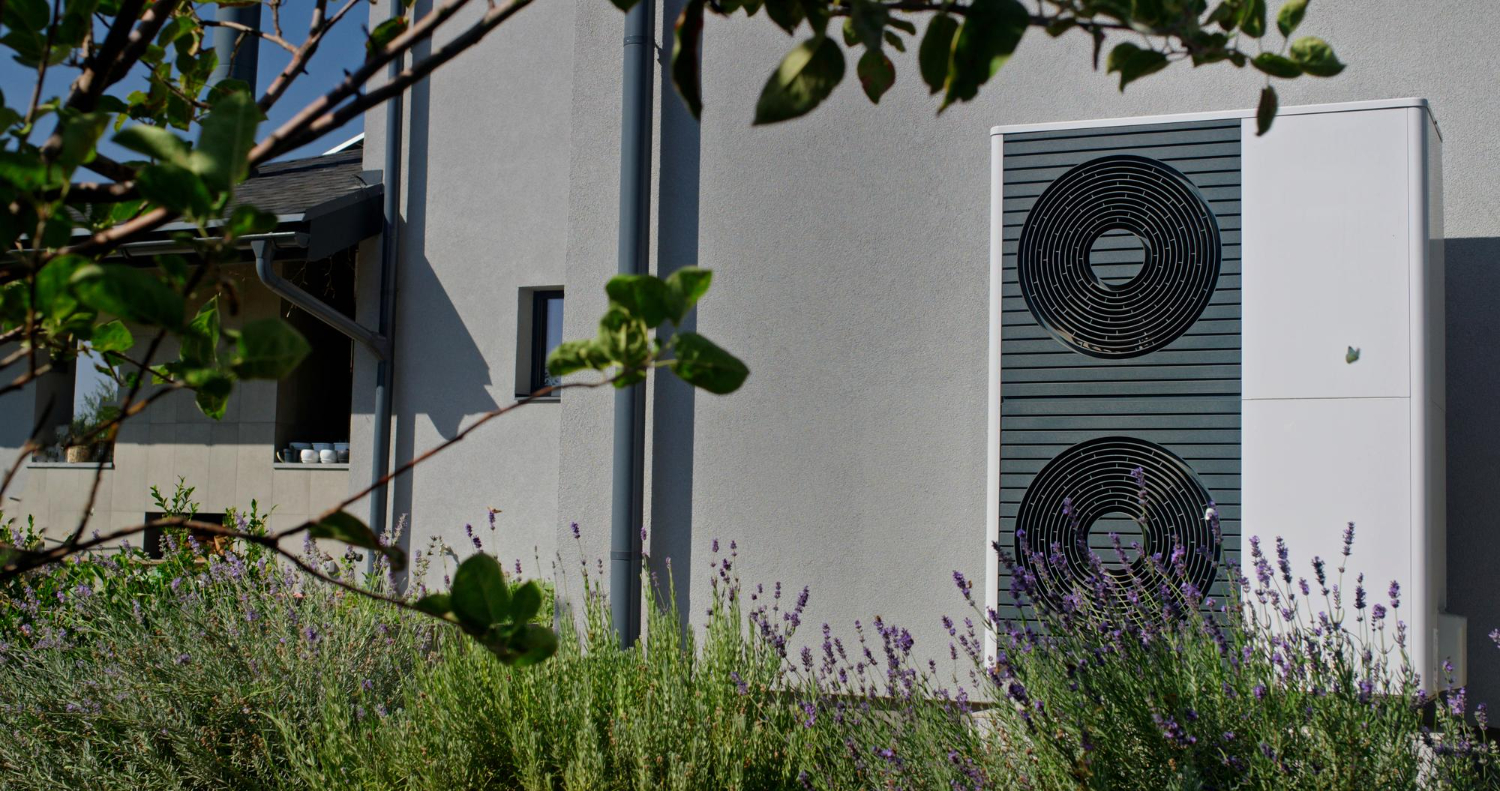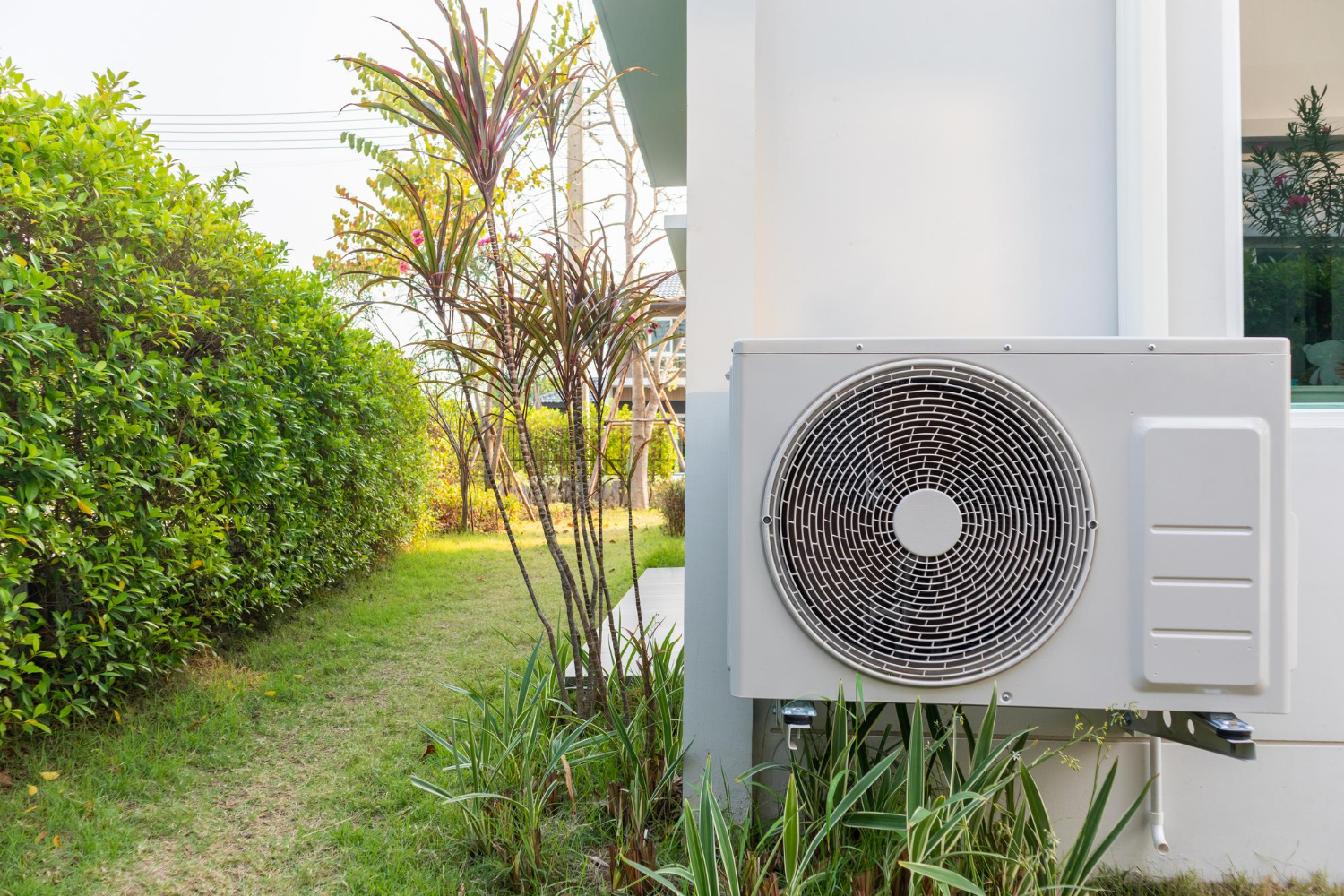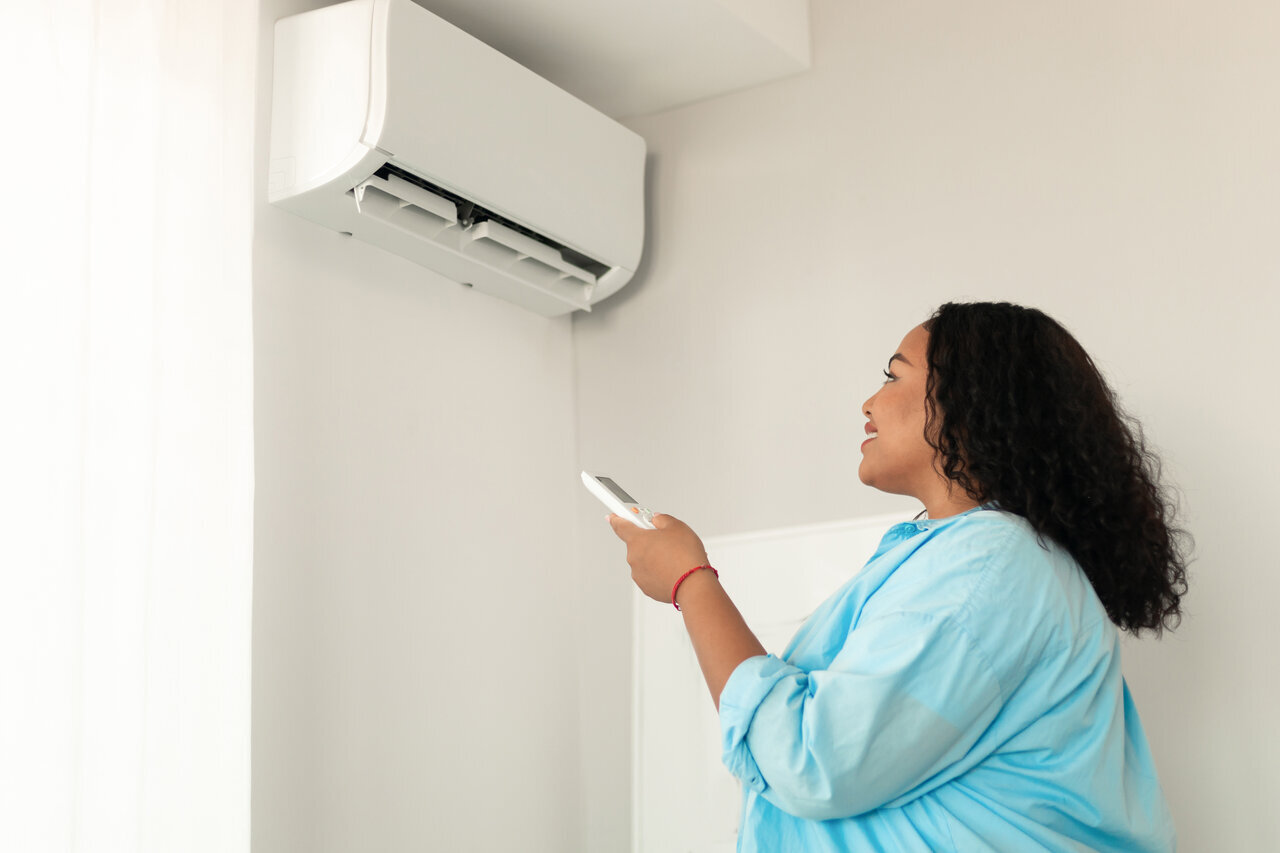If your HVAC system has started blowing air that smells musty, you're not alone. Homeowners in Boyd often run into this problem, especially when the system hasn't been used for a while or after a period of high humidity. It's more than just unpleasant—it can indicate an issue inside your system that needs attention. Musty odors tend to build up over time, slowly creeping into your home and affecting the overall comfort of your living space.
These smells are often linked to moisture buildup, microbial growth, or airflow problems within the HVAC unit or ductwork. Left unchecked, they can circulate through your home, making every room feel stale and unhealthy. Tackling the source of the smell early can prevent larger issues later. Understanding where those odors come from is the first step toward clean indoor air and a more comfortable home.
Understanding Musty Odors In Your HVAC System
A musty smell is usually a sign that moisture is trapped somewhere in your HVAC system. This kind of damp environment is perfect for mold and mildew to grow, especially in dark, hidden areas like air ducts or drip pans. Once these contaminants spread, they can send a stale odor through the vents every time the system runs.
In some cases, damp filters or clogged condensate lines are the cause. When these components don’t get cleaned or replaced regularly, dirt and moisture build up. That mix of debris and water can lead to microbial growth, which not only smells bad but also reduces indoor air quality. You might first notice the smell when turning on your system after a few days of not using it. If the odor lingers, it often means the issue is more than surface level.
For folks in Boyd, summer humidity and inconsistent maintenance habits can make this even worse. HVAC systems that sit idle for stretches, especially during changing seasons, are more likely to collect moisture. An example would be a family returning from vacation to find their home smelling musty because the cooling system hadn't been running. When moisture builds up without ventilation, musty smells are quick to appear.
Common Sources Of Musty Smells In HVAC Systems
There are several areas within an HVAC system where these odors typically originate. Knowing where to look can help when working with our professionals to assess the issue. Here are the most common trouble spots:
- Air Filters: When filters are clogged or damp, they trap more than just dust. They can hold moisture that leads to mold.
- Ductwork: Leaks or poor insulation can allow humidity to enter ducts, creating a damp environment ideal for microbial growth.
- Condensate Pan: If the drip pan isn’t draining properly, it becomes a pool of standing water, which quickly attracts mold.
- Evaporator Coils: Dust and moisture on coils form a layer of grime, giving bacteria and mold a place to grow.
- Insulation Around Vents: Moisture from cooled air can gather here, and over time, these materials absorb odors that are hard to remove.
The climate conditions in Boyd increase the chances of these issues. High humidity combined with older or overworked equipment makes HVAC systems more likely to develop moisture-related problems. If you're noticing musty smells frequently, it may be time to assess how your system is holding up. Small issues can build into larger ones, potentially requiring HVAC replacement in Boyd to fully solve the problem.
Preventing And Addressing Musty Odors
Stopping musty odors before they spread through your home starts with being proactive. HVAC systems need regular care to keep away the kind of moisture buildup that leads to mold and mildew. It’s easy to push maintenance lower on the list when everything seems to be working, but prevention saves time and money later. A consistent cleaning routine helps reduce the chance for odors to develop in the first place.
Here are a few steps Boyd homeowners can take to prevent stale smells from taking over their indoor air:
1. Schedule seasonal HVAC tune-ups to catch drainage, moisture, or airflow problems early.
2. Change air filters every 1 to 2 months, especially during periods of high usage in summer.
3. Keep furniture and rugs from blocking air vents so the system circulates properly.
4. Inspect your outdoor unit to make sure debris, leaves, or grass clippings aren’t clogging the area.
5. Ask a professional to clean the ductwork if it hasn’t been done in several years, especially if smells linger even after a new filter.
If you’ve tried these steps and the odor won’t go away, that likely means the issue is deeper within the system. When constant moisture or years of residue pile up inside essential components, cleaning and small fixes aren’t enough. That’s when it might be time to consider more permanent solutions, including a full system replacement.
The Role Of HVAC Replacement In Preventing Odors
There comes a point where persistent musty odors signal that your current HVAC system has reached the end of its run. In many Boyd homes, units that have been running for over a decade struggle to manage humidity properly. Seals can wear out, components corrode, and airflow becomes less effective. That mix creates the perfect environment for mold and mildew to settle inside the unit itself.
A new HVAC system can resolve these issues completely by providing better airflow and more advanced moisture controls. Modern systems are designed to manage indoor humidity more efficiently, reducing the chance of odors circulating through your air. They also include more effective filtering systems, which help stop dust and debris before they team up with water to create those stale smells.
In addition to removing the current odor problem, upgrading your HVAC in Boyd can prevent new ones from forming. With improved insulation and sealed components, new systems are built to stay dry inside. If your home has had recurring issues with air quality or smells despite multiple cleanings and service visits, replacement may offer the long-term fix you need.
Keeping Indoor Air Fresh Long-Term
Getting rid of musty odors isn't just about a one-time cleanup or replacing one filter. It's about building habits and staying aware of how your HVAC system is performing. When the air starts to feel damp or the smell returns, it’s a sign to act fast so things don’t worsen. Small issues left alone will almost always grow into larger ones.
One overlooked factor in maintaining fresh air is ventilation. During summer in Boyd, keeping doors or windows open for too long can introduce outdoor moisture that settles in your ductwork. Be mindful of keeping indoor humidity in check with your system’s settings and run your AC consistently instead of turning it off for long periods.
To stay ahead of problems, regular inspections from trained technicians can be helpful. They’re able to spot leaks or hidden buildup before they grow into full-blown odors. A clean HVAC system working efficiently doesn’t just smell better. It keeps your whole home feeling healthier and more comfortable, even on the hottest, muggiest days.
If bad odors have become a pattern, or your cooling system feels like it’s constantly being repaired, it may be time to look into HVAC replacement in Boyd. A fresh start with a newer system could bring you cleaner air, quieter operation, and less worry about what’s floating through your vents. Don’t wait for smells to signal something serious. Take steps now to protect your comfort and your peace of mind.
Experience improved indoor air quality and lasting comfort by exploring professional HVAC replacement in Boyd tailored to your home's unique needs. Family Comfort Heating & Air is ready to help you eliminate persistent odors and prevent future issues with expert solutions you can trust. For a quick estimate or to book a service visit, please contact us today.
Related Blog

Flexible Financing Options
Stay comfy with 0% Financing for 12 Months on a new HVAC system through Synchrony and Wisetack! No hidden fees, no stress—just easy payments.













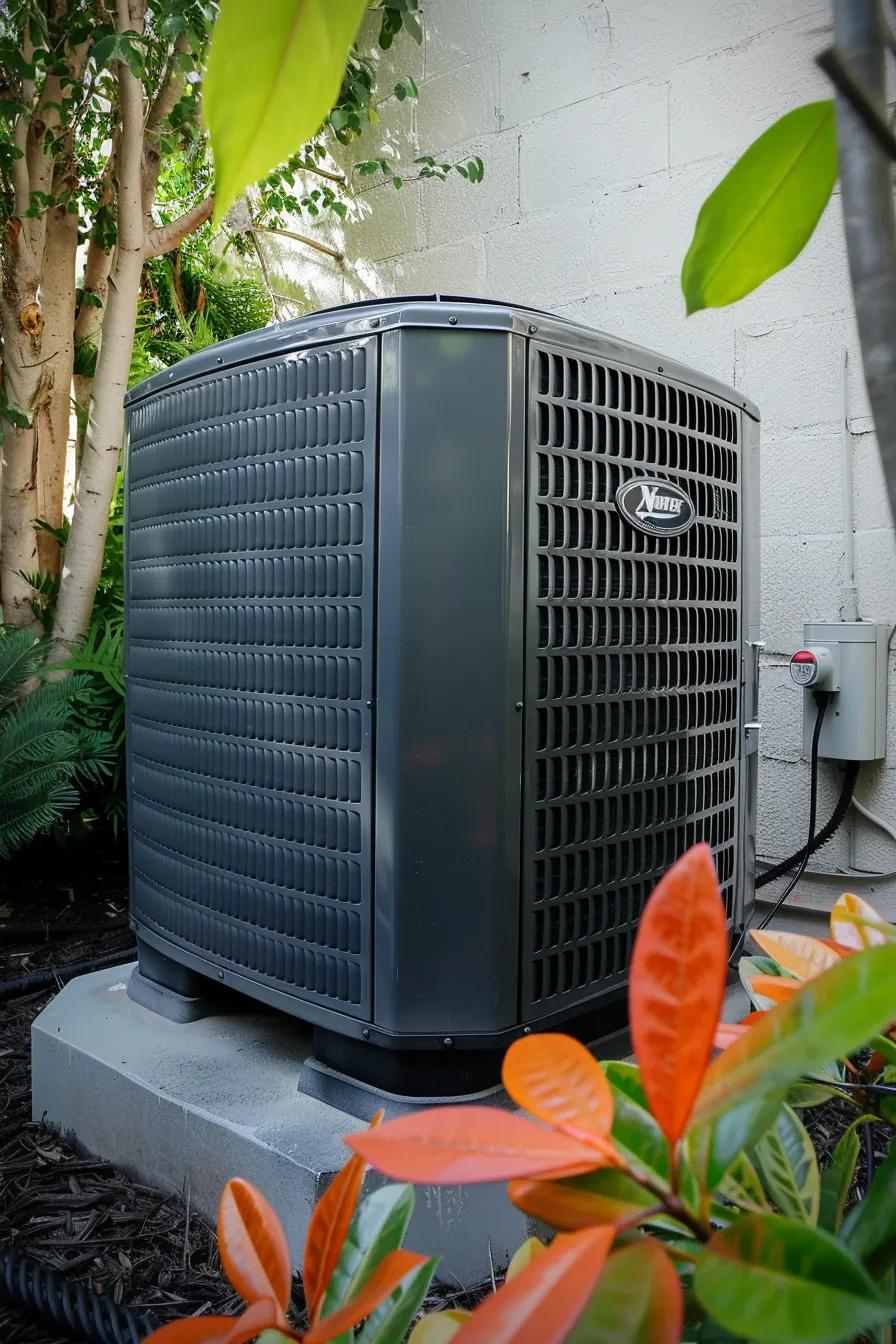

.png)
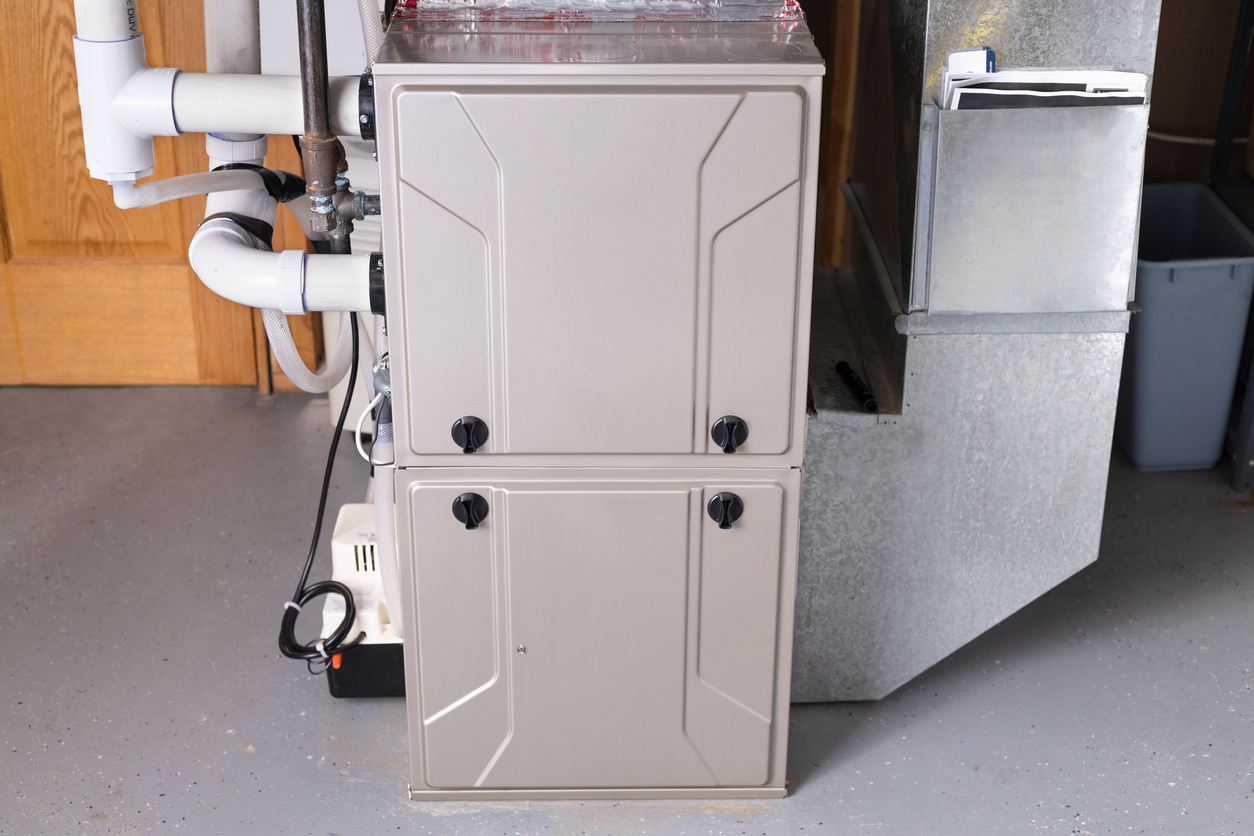

.jpeg)
.jpeg)
